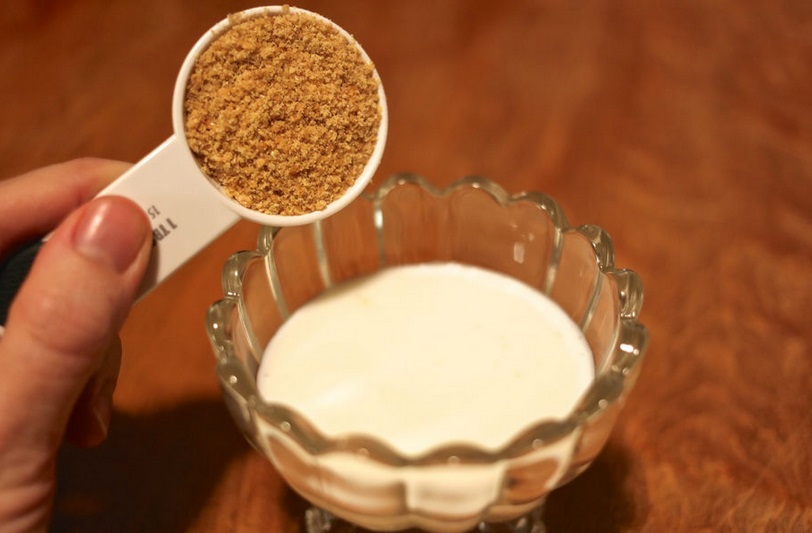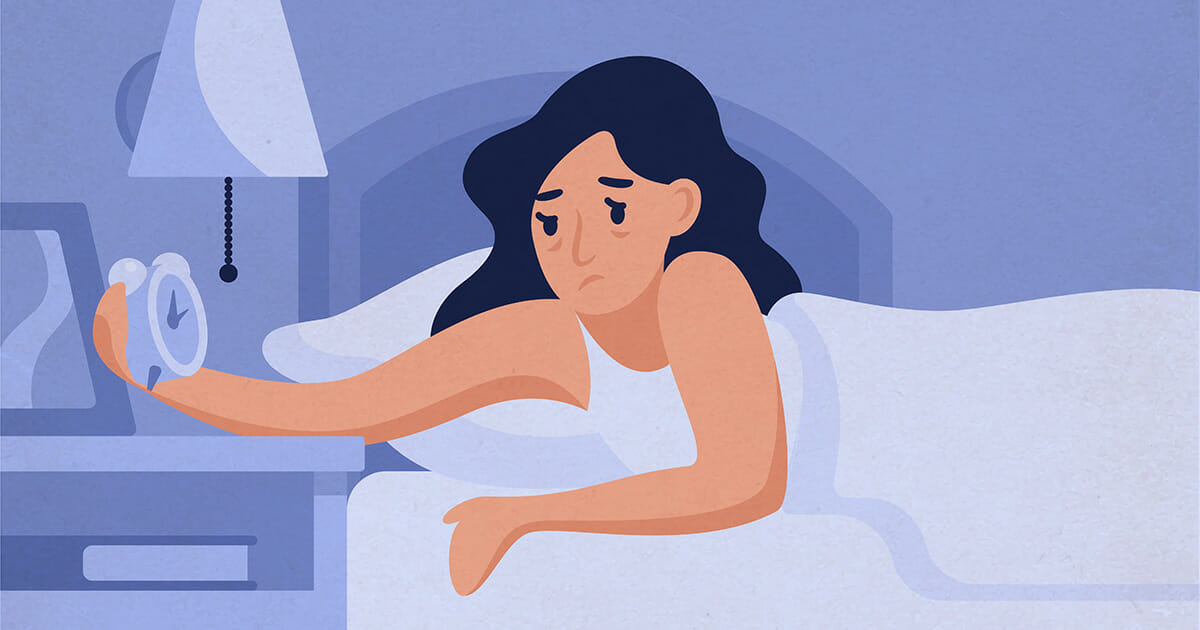The essential mineral your body can't do without - these foods will provide it!
|
Phosphorus is the second most abundant mineral in the human body after calcium, and is found in every cell. Phosphorus has many important functions in the body, especially in bones and teeth.
Phosphorus is an essential mineral that our body cannot produce on its own. Therefore, it is important to consume foods that naturally contain it.
Phosphorus plays a role in several vital bodily processes, including gene regulation, pH balance, the formation of DNA (deoxyribonucleic acid), RNA (ribonucleic acid), and ATP (adenosine triphosphate), which is the body’s primary source of cellular energy.
Oxidative phosphorylation is a crucial part of many cellular reactions and occurs when a phosphate group, composed of phosphorus and oxygen atoms, binds to a glucose or sugar molecule.
What Are the Functions of Phosphorus in the Body?
Phosphorus is one of the most abundant minerals in the human body—about 85% of it is found primarily in bones and teeth, though it is present in all body cells.
Calcium (itself an essential mineral) and phosphorus combine to form hydroxyapatite, which is the main structural element of bones and tooth enamel.
Together with the kidneys, various hormones in the body regulate phosphorus levels in bones, teeth, and throughout the body. Beyond its critical role in bone formation and dental health, phosphorus is also necessary for numerous other essential functions.
This mineral is a major component of cell membranes, which help cells maintain their structure and function properly.
Phosphorus also plays a role in converting carbohydrates and fats into usable energy, in protein synthesis, kidney function, muscle contractions (enabling movement), maintaining a regular heartbeat, and transmitting nerve signals.
Adenosine triphosphate (ATP)—the primary energy source of body cells—requires phosphorus. All living organisms need ATP for proper metabolism.
Phosphorus also functions as an electrolyte, helping maintain the body’s pH balance. Along with other electrolytes, it regulates fluid and electrolyte balance.
How Much Phosphorus Do You Need Daily?
- Infants (0–6 months) - 100 mg
- Infants (7–12 months) - 275 mg
- Toddlers (1–3 years) - 460 mg
- Children (4–8 years) - 500 mg
- Children (9–13 years) - 1,250 mg
- Teens (14–18 years) - 1,250 mg
- Pregnant or breastfeeding adolescents - 1,250 mg
- Pregnant or breastfeeding women (19+) - 700 mg
- Adults (19 years and older) - 700 mg
Since phosphorus is essential, you must obtain it through your diet. The amount required varies by age, with children and adolescents needing the highest amounts.
Additional Functions of Phosphorus in the Body
- Strengthens tooth enamel
- Supports kidney waste filtration
- Involved in DNA and RNA synthesis
- Aids in cell membrane construction
- Regulates enzyme activity
- Maintains acid-base balance
- Influences gene transcription
1. Prevents and Helps Treat Osteoporosis
Calcium and phosphorus are the two most important minerals for bone health. They work together to develop and mineralize bones, increasing bone density and strength. This was confirmed by researchers in a study published in the journal Nutrients.
Adequate phosphorus intake throughout life, including in older age, helps prevent bone loss (osteoporosis), which results from decreased bone mineral density.
2. Essential for Energy Production
ATP consists of three phosphate molecules, which are bound together by strong chemical bonds. When these bonds break, they release energy.
Our body cells need energy to function, and ATP is generated when energy is needed. During this process, phosphorus is released from ATP, providing immediate energy to the cells.
Cells rely on ATP for metabolism, transport, and physical activity such as muscle movement. All cells require ATP.
3. Supports Proper Muscle and Nerve Function
Among its many roles, phosphorus is essential for muscle contractions and nerve signaling. It is also vital for the proper functioning of skeletal and heart muscles.
Chronic phosphorus deficiency—known as hypophosphatemia—can eventually cause issues in both skeletal and cardiac muscles, likely due to low ATP levels.
However, excessive phosphorus over time can also be harmful, potentially leading to muscle dysfunction, weakness, and increased risk of heart disease.
In a study examining both phosphorus deficiency and excess, researchers found that both conditions increase the risk of peripheral neuropathy, a form of nerve damage affecting the peripheral nervous system.
According to the study, phosphorus deficiency leads to inflammation, weakens cell membrane structures, and reduces ATP synthesis—all contributing to impaired nerve function.
Foods Naturally Rich in Phosphorus
Fortunately, phosphorus is found in many natural foods, making it relatively easy to avoid deficiency.
It is especially abundant in whole foods such as nuts, seeds, whole grains, legumes, and to a lesser extent, fruits and vegetables.
Foods with the Highest Phosphorus Content (per 100g):
| Food | Phosphorus Content |
|---|---|
| Wheat bran | 1,013 mg |
| Sesame seeds | 774 mg |
| Sunflower & other seeds | 750 mg |
| High-quality cocoa | 734 mg |
| Pine nuts | 575 mg |
| Oats | 523 mg |
| Cashews | 490 mg |
| Almonds | 484 mg |
| Rye | 374 mg |
| Buckwheat | 347 mg |
| Walnuts | 346 mg |
| Whole wheat flour | 346 mg |
| Bulgur | 300 mg |
Final Note
Remember to include natural, unprocessed foods in your weekly diet, as they provide many essential nutrients, vitamins, and minerals that your body cannot produce on its own.












